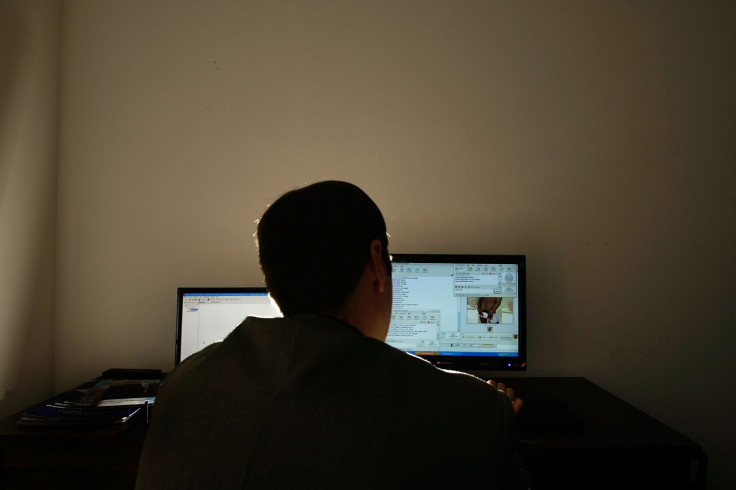Prosecutors will treat online abuse as severely as hate crimes in person
The Crown Prosecution Service said people have the right to be protected against "devastating" attacks designed to "instil fear".
Online hate crimes should be treated as seriously as abuse committed face-to-face, said the UK's head of public prosecutions amid moves to toughen up the law in this area.
The director of the Crown Prosecution Service (CPS) Alison Saunders said those who committed hate crimes wished to "instil fear" in their targets, and potential victims had the right to be "protected from abuse that can now follow them everywhere via the screen of their smartphone or tablet".
Revising its guidance for prosecutors will also mean that offences against bisexual people will be included in hate crime legislation for the first time, Saunders wrote in the Guardian newspaper.
The head of the CPS said this month's events in Charlottesville, where white supremacists clashed with anti-racism groups, and even the Barcelona terror attacks demonstrate what online abuse can lead to.
"Whether shouted in their face on the street, daubed on their wall or tweeted into their living room, the impact of hateful abuse on a victim can be equally devastating," wrote Saunders.
The CPS defines hate crimes as "any criminal offence which is perceived by the victim or any other person, to be motivated by a hostility or prejudice". It adds that the areas it targets are those in the UK who hold extreme views on disability, race, religion, sexual orientation, or transgender identity.
The CPS now says prosecutors should pursue online cases of abuse with the same "robust and proactive approach used with offline offending".
Saunders said the CPS successfully prosecuted more than 15,000 hate crime incidents in 2015-16 - the highest number ever. A third of those convicted saw their sentence increased because of the hate crime element of the offence - also a record.

The prosecution service said a recent example of this was Viscount Rhodri Philipps who was jailed for 12 weeks in July after offering £5,000 online to the first person that ran over the anti-Brexit campaigner Gina Miller, writing on Facebook that she was a "bloody troublesome first generation immigrant". Miller was born in Guyana, a former British colony in South America.
However, the Campaign Against Antisemitism said its own survey showed that 52% of British Jews believe that prosecutors were not doing enough to combat anti-Semitism, with only 39% of British Jews confident that hate crime perpetrators would be taken to court.
In addition, Nik Noone, chief executive of Galop, a charity that campaigns against anti-LGBT violence and hate crime, said its own research suggested many victims did not have confidence in the police to report online hate attacks.
"The threshold for prosecuting online hate crime is very high, and the investigative process is often too slow and cumbersome to respond to the fast-moving online world," she told the BBC.
© Copyright IBTimes 2025. All rights reserved.






















